What Skills Do You Need To Start A Business
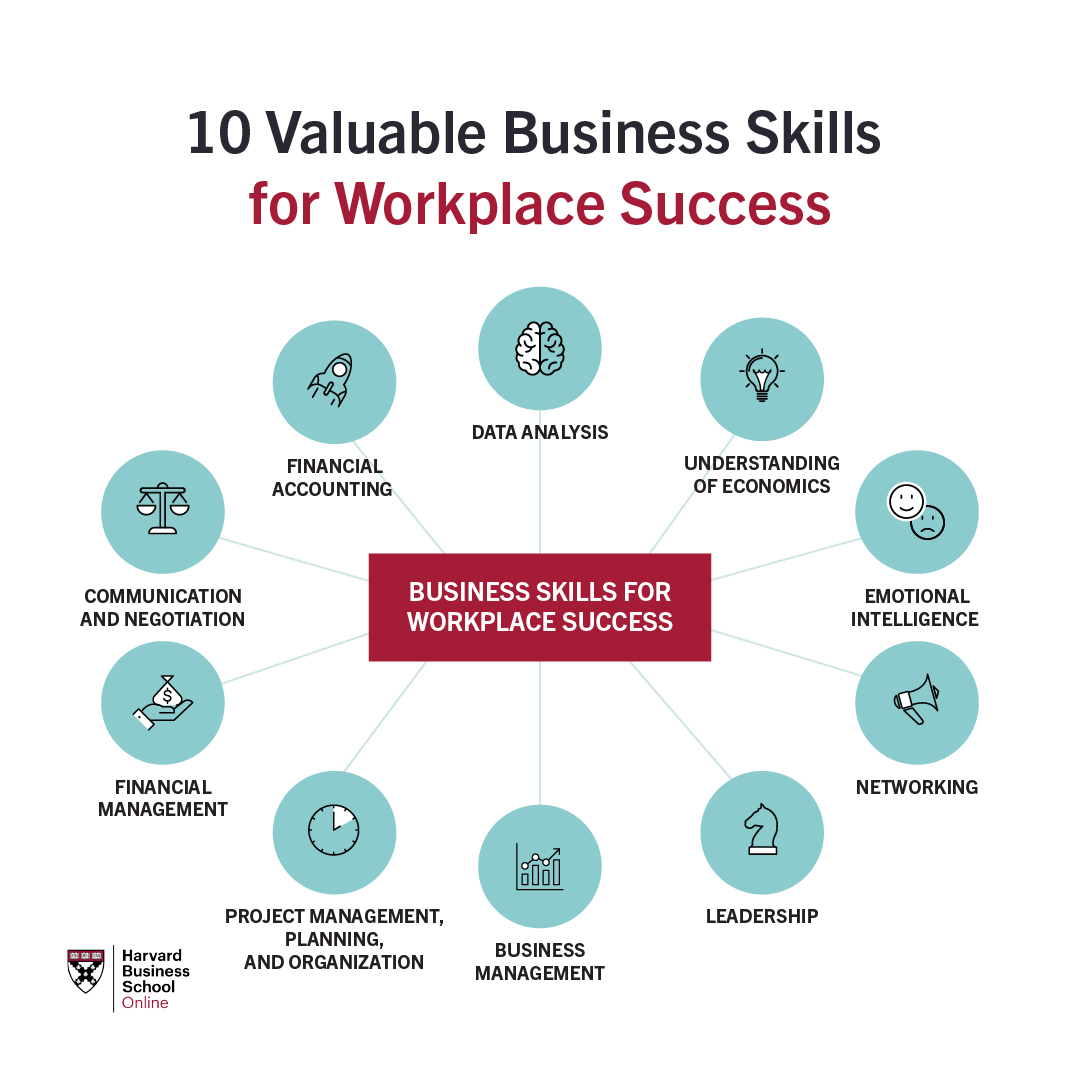
Aspiring entrepreneurs often dream of launching their own ventures, but the path to success requires more than just a brilliant idea. Understanding the essential skills needed is crucial for navigating the complexities of starting and running a business.
This article examines the core competencies entrepreneurs need, drawing from expert insights and industry data, to equip future business owners with the knowledge to increase their chances of success.
Key Foundational Skills
At the heart of any successful business lies a solid foundation of fundamental skills. These are the abilities that underpin almost every aspect of running a company.
Financial Literacy is paramount. Entrepreneurs need to understand budgeting, cash flow management, and basic accounting principles, as reported by the Small Business Administration (SBA).
Strong Communication Skills, both written and verbal, are essential for effectively conveying ideas, negotiating deals, and building relationships with customers, employees, and investors.
Problem-Solving Abilities are equally important. The business world is full of unpredictable challenges, and entrepreneurs must be adept at identifying problems and finding creative solutions.
Essential Business Management Skills
Beyond the foundational skills, successful entrepreneurs must cultivate a range of business management skills to oversee operations and drive growth.
Strategic Planning involves setting clear goals and developing a roadmap to achieve them. This requires market analysis, competitive intelligence, and the ability to anticipate future trends.
Leadership and Team Management are essential for motivating and guiding employees. According to a recent study by the Harvard Business Review, effective leaders foster a positive work environment and boost employee productivity.
Marketing and Sales Skills are critical for attracting customers and generating revenue. This includes understanding different marketing channels, developing effective sales strategies, and building brand awareness.
The Importance of Adaptability and Resilience
The entrepreneurial journey is rarely a smooth one. Adaptability and resilience are essential for weathering the inevitable storms.
Adaptability means being able to adjust to changing market conditions and customer needs. According to a report by McKinsey & Company, companies that embrace adaptability are more likely to thrive in the long run.
Resilience is the ability to bounce back from setbacks and learn from failures. Many successful entrepreneurs have faced significant challenges early in their careers, but their determination to persevere ultimately led them to success.
Technical and Digital Proficiency
In today's digital age, technical proficiency is increasingly important for entrepreneurs. A basic understanding of technology can streamline operations and enhance competitiveness.
Digital Marketing Skills, including social media marketing, search engine optimization (SEO), and email marketing, are essential for reaching a wider audience and generating leads.
Data Analysis Skills can help entrepreneurs make informed decisions based on data-driven insights. This involves collecting, analyzing, and interpreting data to identify trends and opportunities.
Even basic Web Development Knowledge can be advantageous, as it allows entrepreneurs to create and maintain their own websites and online presence.
Human-Interest Angle
Take, for example, Sarah Chen, a young entrepreneur who started a successful online clothing boutique. She initially struggled with financial management, but after taking an online course on accounting, she was able to streamline her finances and significantly increase her profits.
Chen's story illustrates the importance of continuously learning and developing new skills. It shows that even with limited experience, anyone can succeed in business with the right skills and a willingness to learn.
Conclusion
Starting a business requires a diverse range of skills, from foundational competencies like financial literacy and communication to more specialized abilities in marketing, technology, and strategic planning. The Small Business Administration (SBA) provides resources and training programs to help entrepreneurs develop these essential skills.
While some skills can be learned over time, others may require formal education or training. By identifying their strengths and weaknesses and investing in skill development, aspiring entrepreneurs can significantly increase their chances of success. The World Economic Forum emphasizes lifelong learning as crucial for navigating the rapidly evolving business landscape.
Ultimately, the key to success in entrepreneurship is a combination of hard work, dedication, and a commitment to continuous learning and improvement. With the right skills and a resilient mindset, anyone can turn their entrepreneurial dreams into a reality.
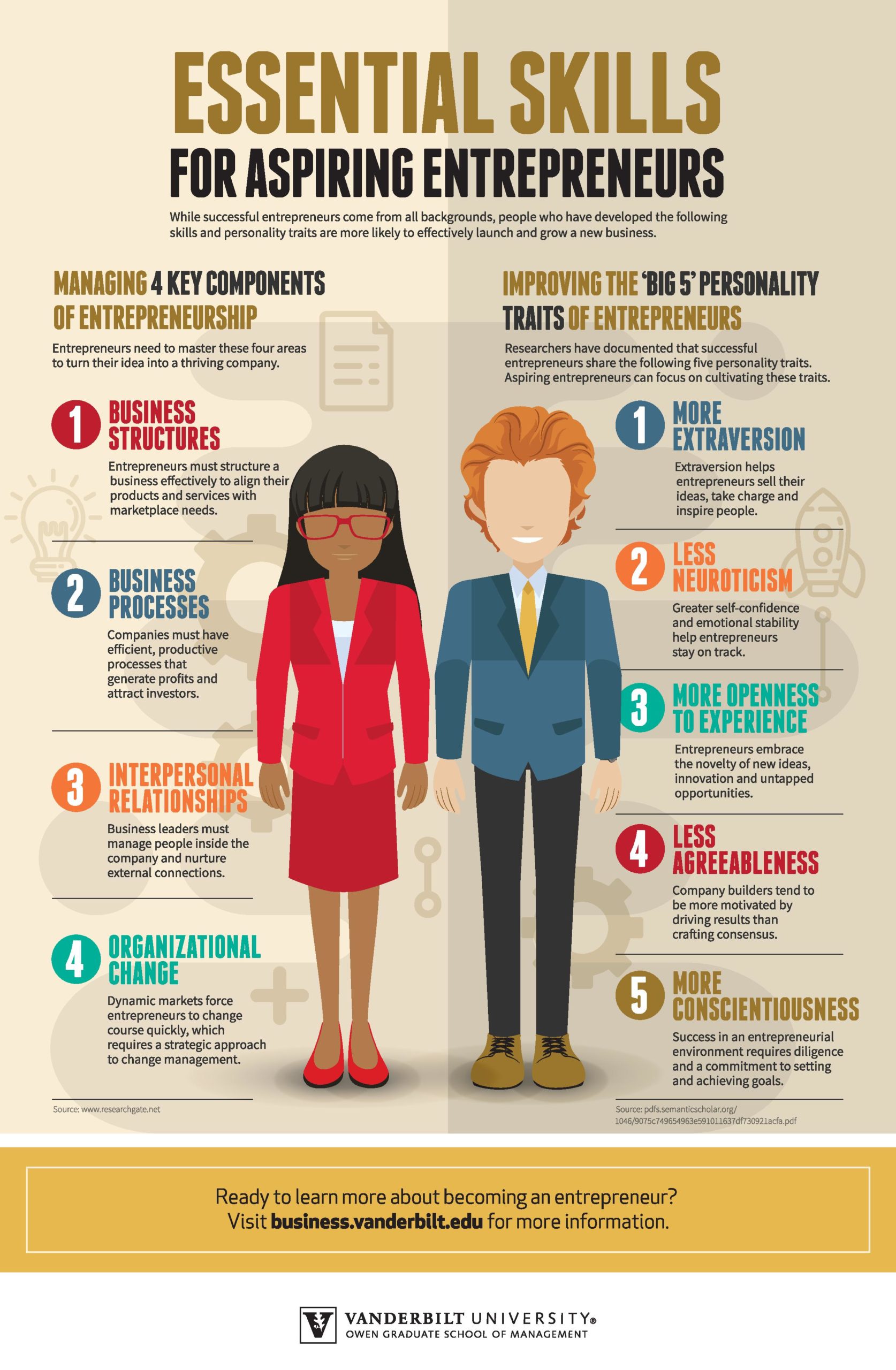

:max_bytes(150000):strip_icc()/marketing-skills-list-2062431-final-5b74a69646e0fb00504dc09a.png)
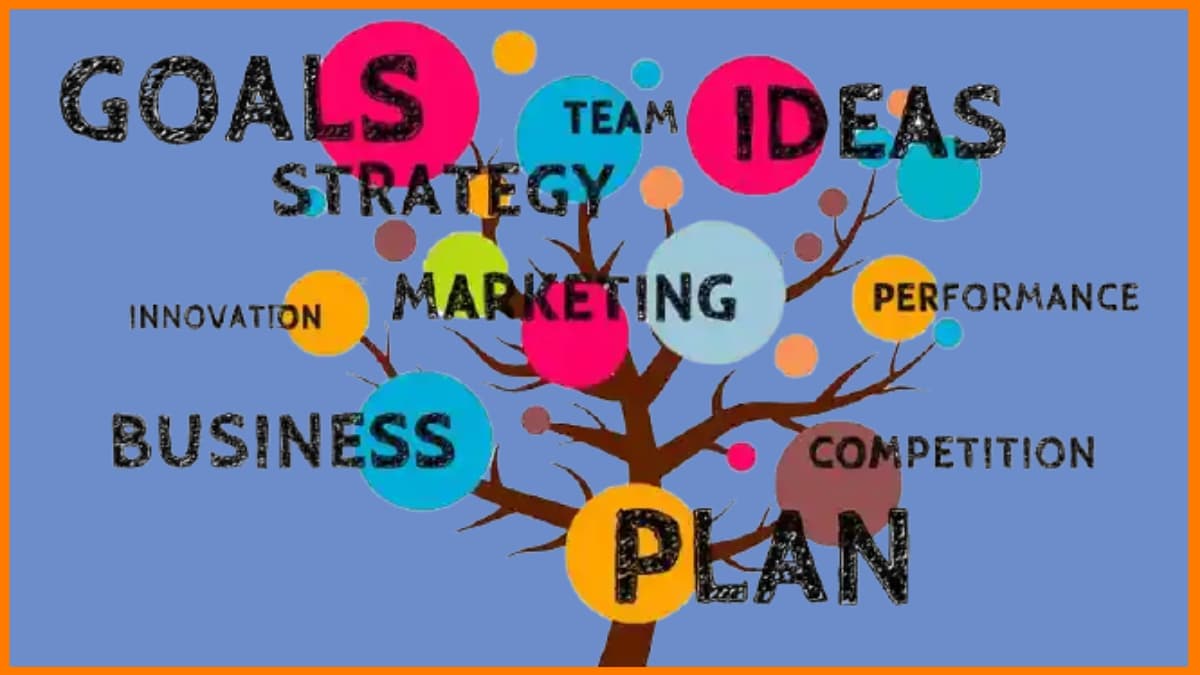





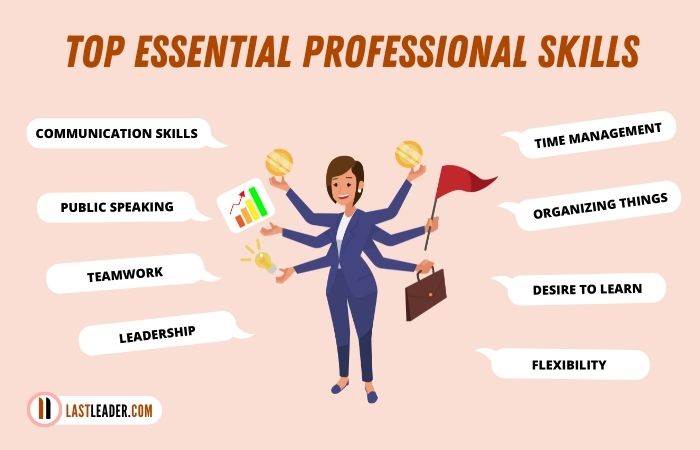




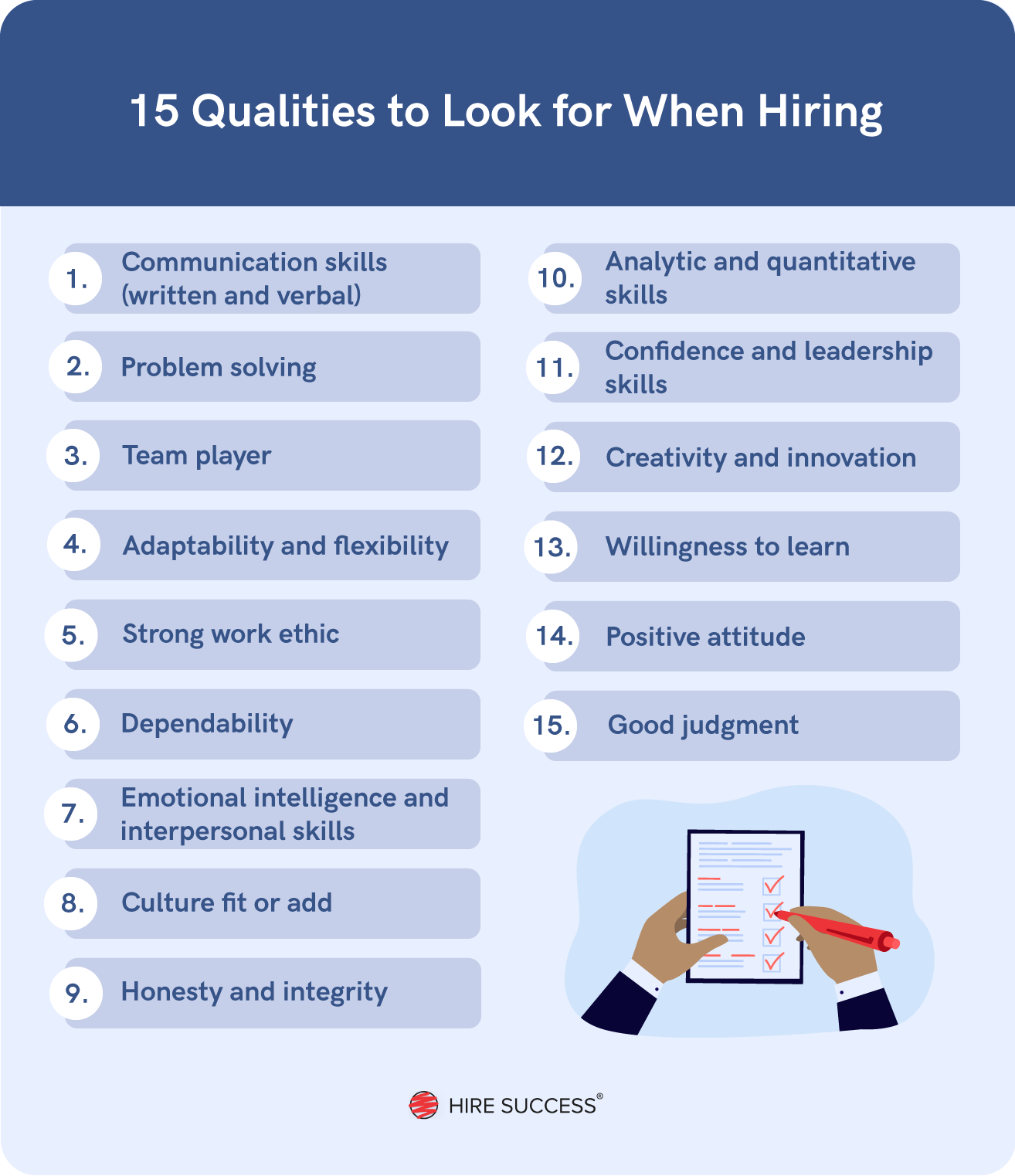
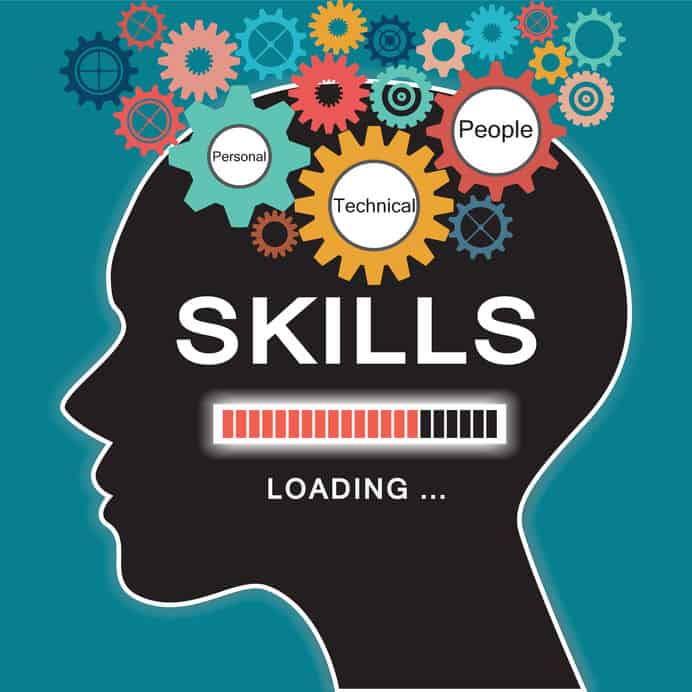
:max_bytes(150000):strip_icc()/top-skills-every-professional-needs-to-have-4150386-Final-edit-d92173b469784eb38c1412f90e077d71.jpg)

